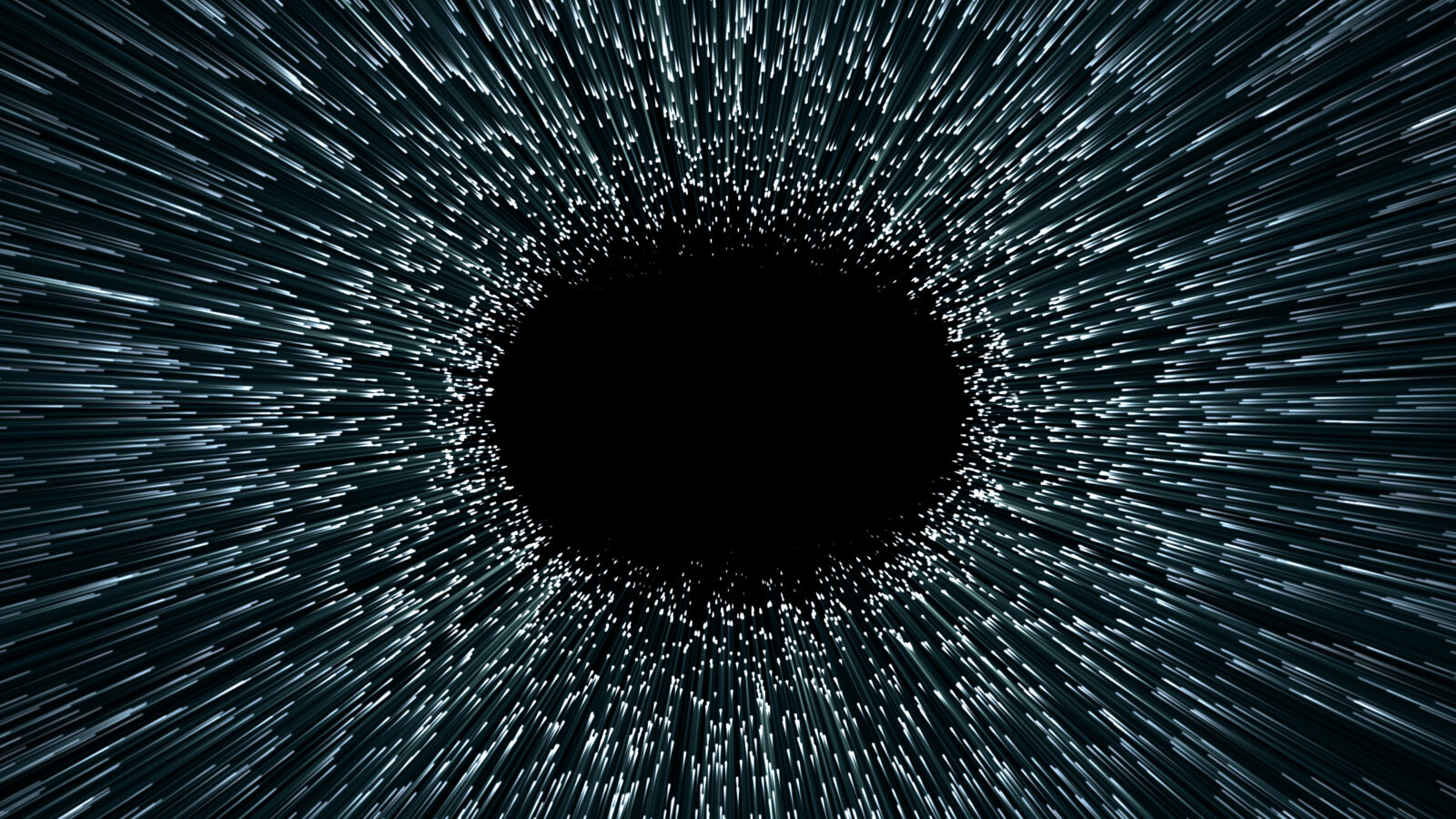


Faith, Reason, and the Search for Truth: Stephen Meyer and Michael Shermer
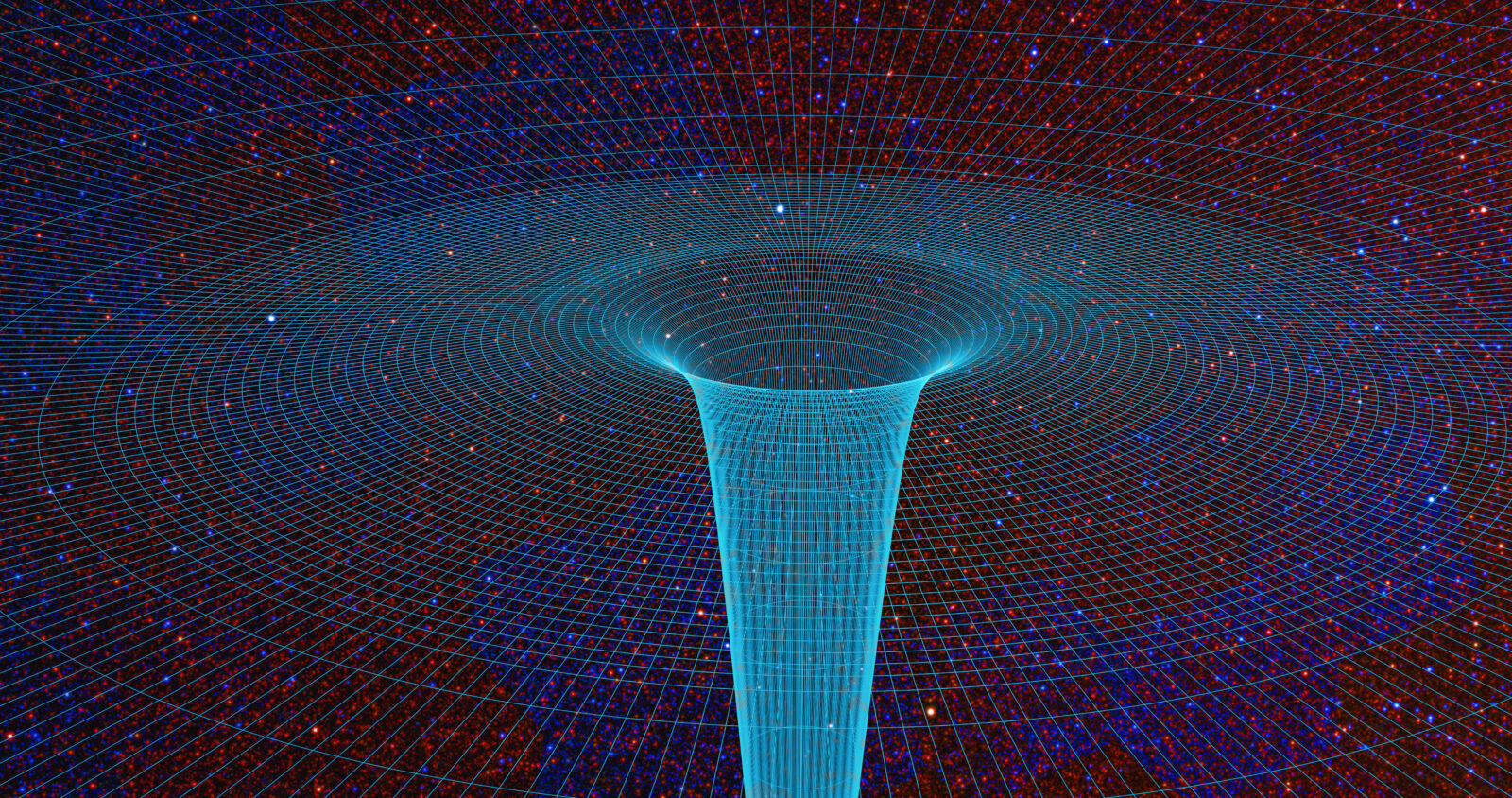
Stephen Meyer: Can There Be a Theory of Everything?
On today’s ID The Future, philosopher of science Dr. Stephen Meyer continues his conversation with Praxis Circle’s Doug Monroe. In this section of a multi-part interview, Dr. Meyer discusses two of the crucial arguments of his latest book Return of the God Hypothesis: the information embedded in DNA code that demands an explanation, and the fine-tuning of the physical properties of the universe and what’s wrong with recent attempts to explain that fine-tuning by resorting to a theory of multiple universes. Dr. Meyer also addresses the question: can there be a theory of everything? Dig Deeper
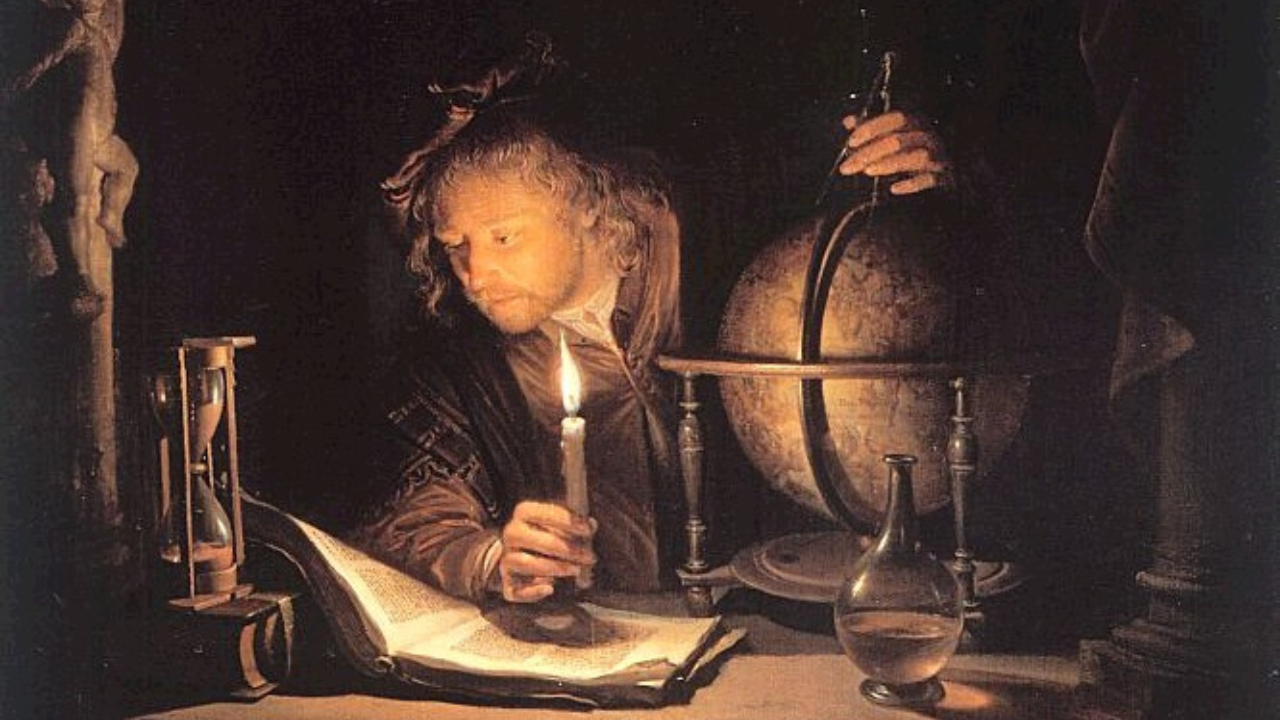
Stephen Meyer: Did Belief in God Make Modern Science Possible?
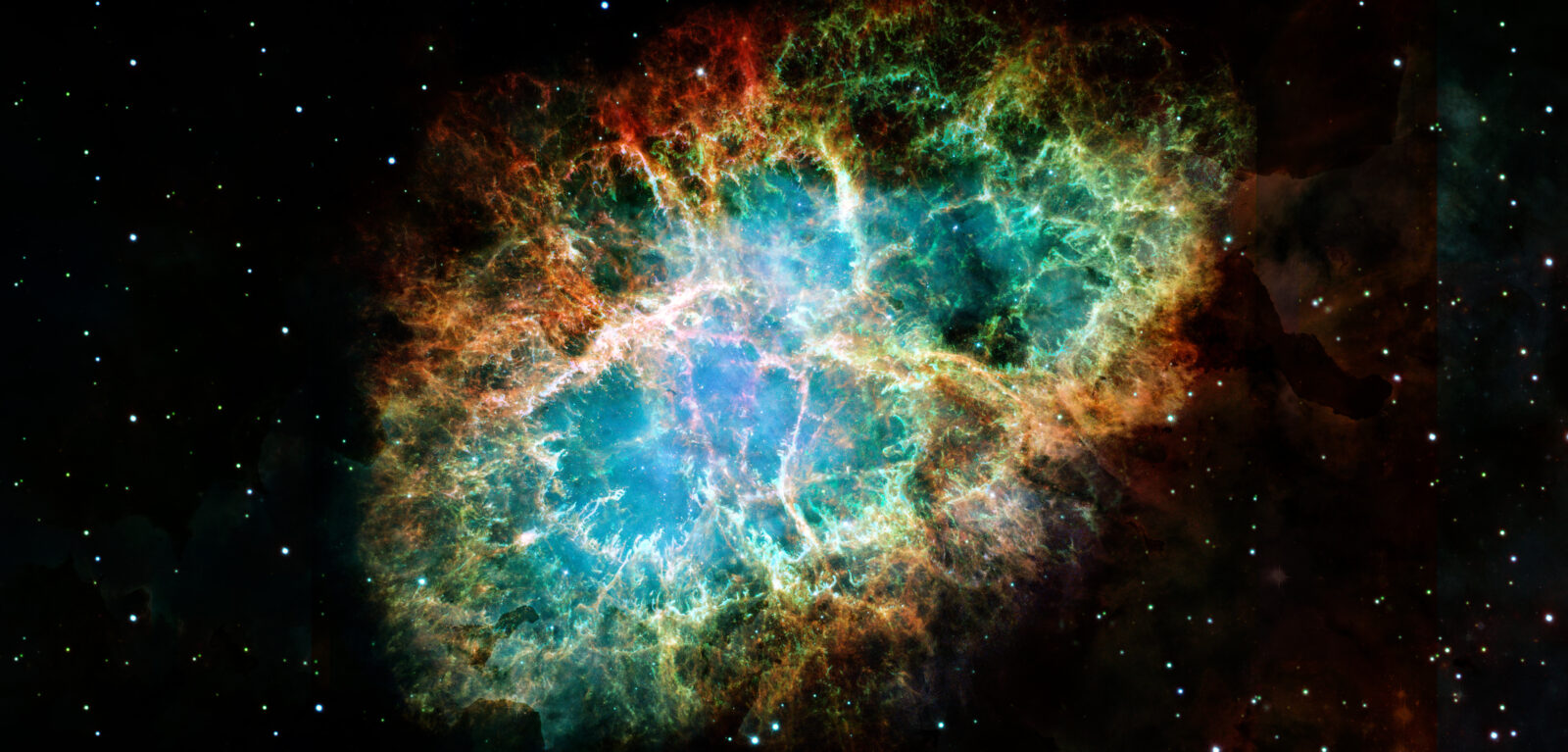
Stephen Meyer on the Explanatory Power of Intelligent Design
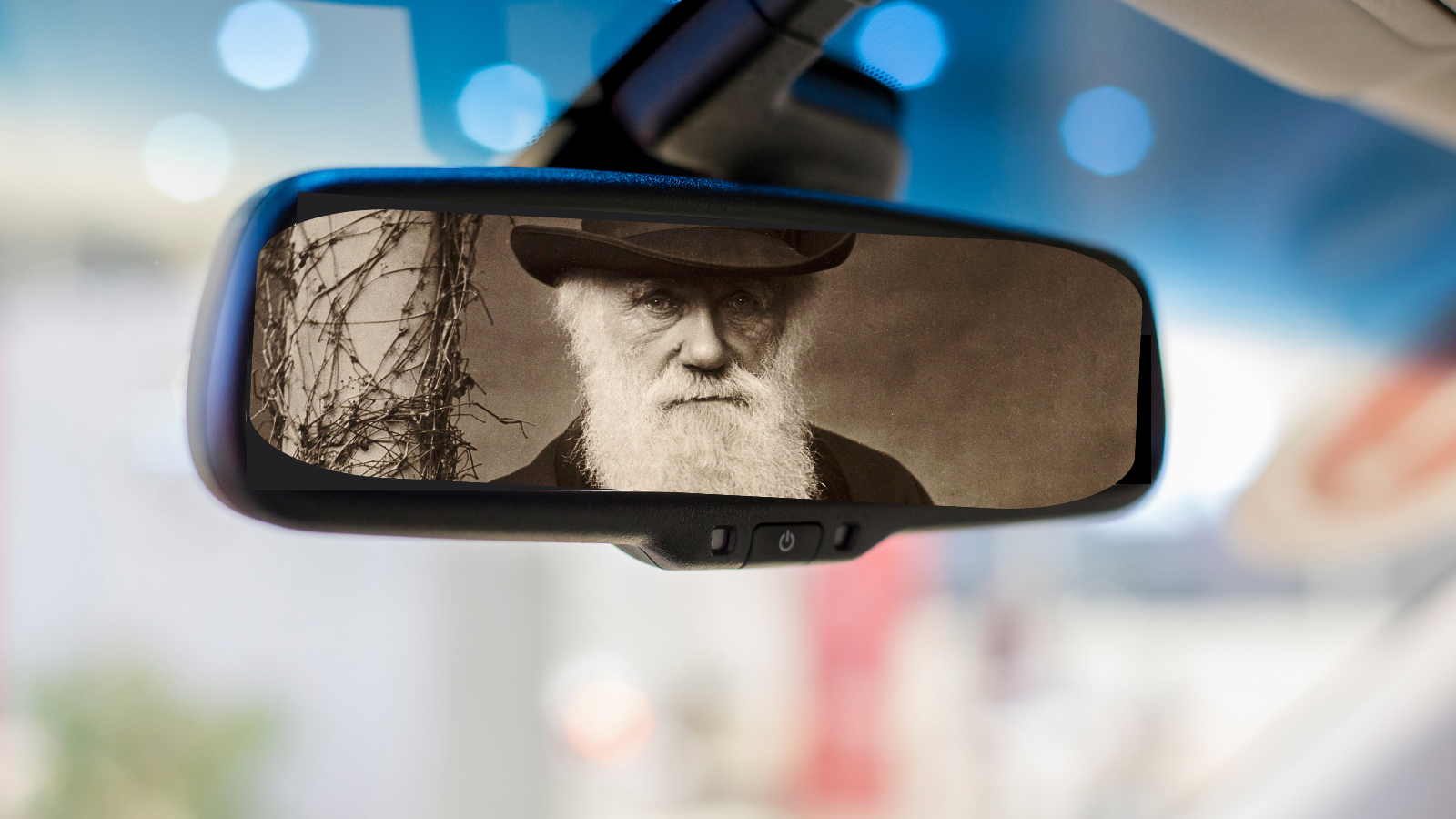
Stephen Meyer on the Intellectual Shift Away from Darwinism

Stephen Meyer and Piers Morgan: Design, Atheism, and God
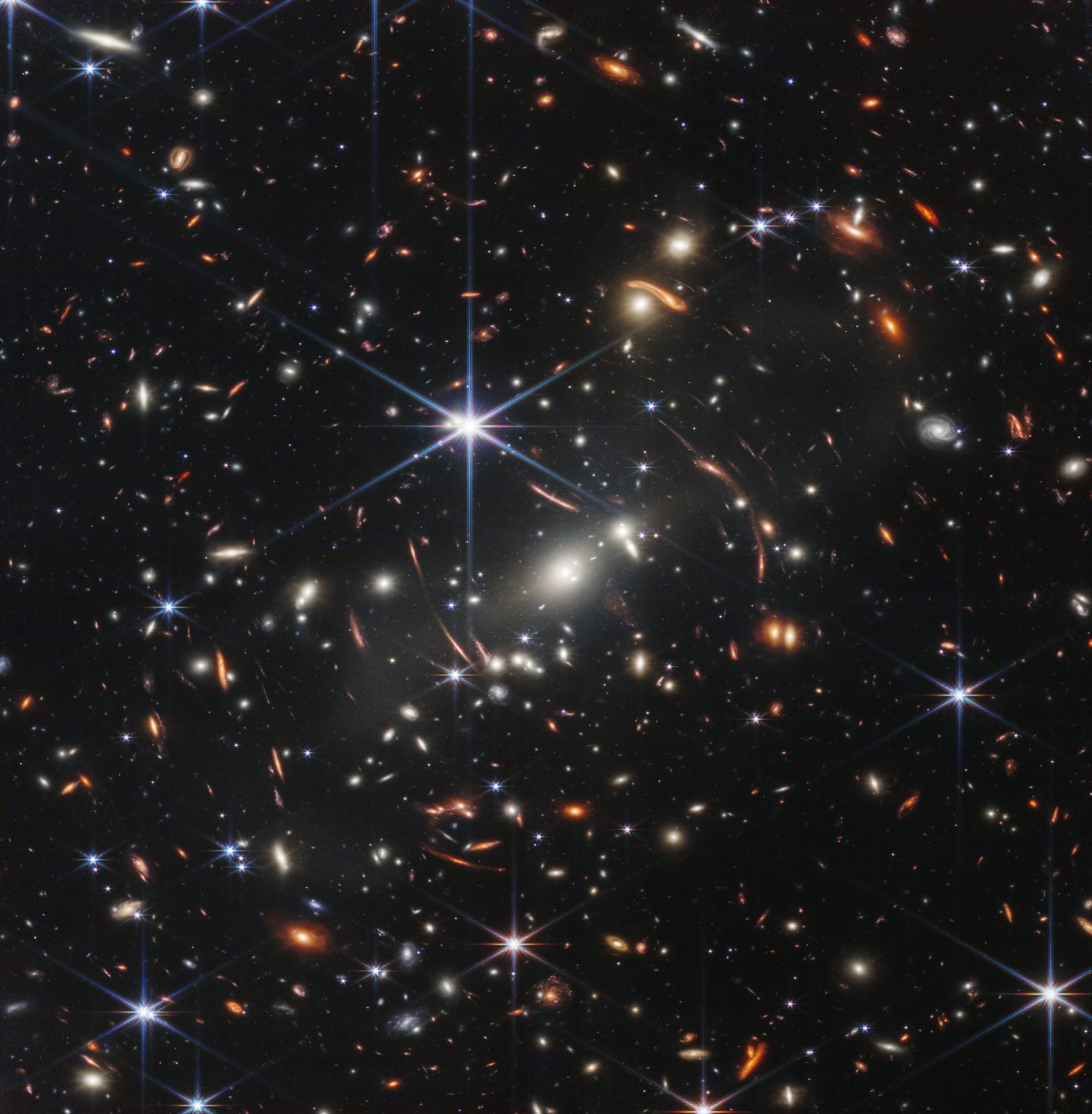
Stephen Meyer: James Webb Telescope Supports the Big Bang
On this ID The Future, Return of the God Hypothesis author Stephen Meyer again speaks with radio host Michael Medved about the extraordinarily powerful new James Webb space telescope. One researcher, Eric Lerner, has claimed that what the Webb telescope is seeing many billions of light years away (and therefore, many billions of years in the past) undercuts the Big Bang theory. But according to Meyer, the new photographs coming back from Webb actually further confirm the reality that our universe had a beginning (“the Big Bang”) and that it has been expanding ever since. What these Webb images are forcing a rethink on, Meyer says, is the conventional wisdom among cosmologists on galaxy formation in the early universe. Meyer Read More ›

Stephen Meyer: One God or Many Universes?
In this ID the Future, Stephen Meyer takes a deep dive into the case for not only intelligent design, but also for a designer of the cosmos who is immaterial, eternal, transcendent, and involved. Meyer draws on evidence for design at the origin of life, in the origin of plants and animals, and from the fine tuning of the laws and constants of chemistry and the initial conditions of the universe. He connects all this to the scientific evidence that the universe is not eternal but had a beginning—the Big Bang. What about the main materialistic alternative for explaining this suite of evidence—the idea that there is a multiverse with our universe just being one of the lucky universes with Read More ›

Casey Luskin on Why He Favors ID over Theistic Evolution
Today’s ID the Future continues intelligent design theorist Casey Luskin’s conversation with Apologetics 315 podcast hosts Brian Auten and Chad Gross. Here in Part 2, Luskin give a peek behind the scenes of ID 3.0, the current research program inspired by the intelligent design framework. Luskin is then asked to explain his reservations about theistic evolution, and Luskin points out the evidential, rhetorical, and logical problems he sees with the brand of theistic evolution advocated by Francis Collins and Biologos. What about the future of the intelligent design movement? Luskin says he’s optimistic, both because of the exciting research and publication breakthroughs of late, and because of the many converts he’s seeing to the ID framework. According to Luskin, many of these Read More ›